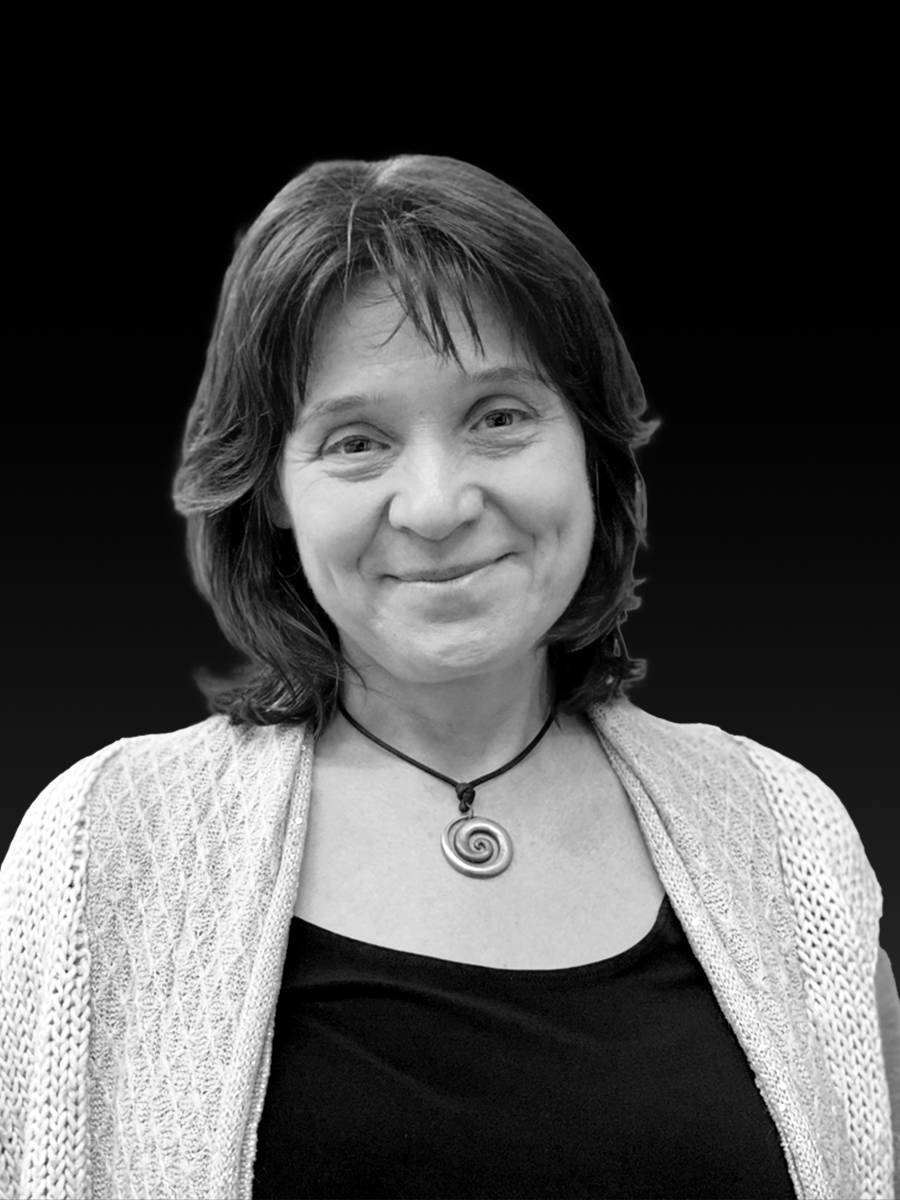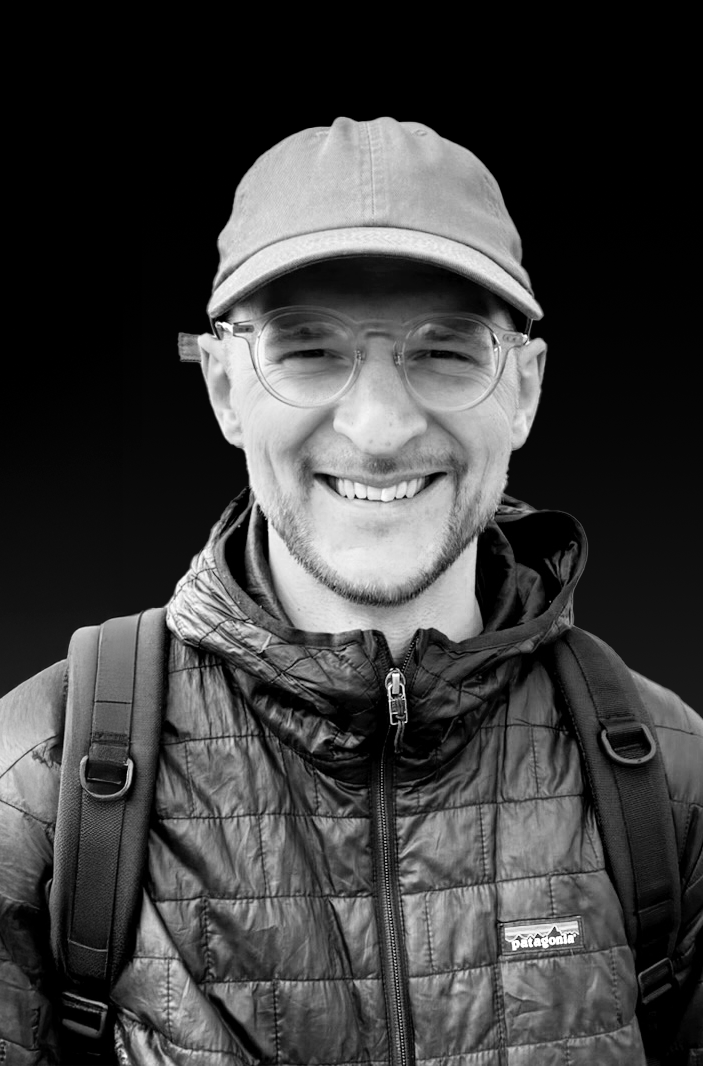The Office of Research uses the UC Coalition for Change (C3) Grant to incentivize novel research, exceptional scholarship, and the production of creative and performing art works that creatively address issues of increasing societal significance. The
program is open to UC faculty whose proposed activities fall within the areas of the arts, humanities, and social sciences.
Administered by the Office of Research, the program seeks to catalyze novel, impactful research rooted in collaboration—where academic inquiry and community priorities intersect to create meaningful change.
Congratulations to the following awardees!
 Heidi Kloos
Heidi Kloos
College of Arts & Sciences
Psychology
Collaborator: Melissa Adamchik (UpSpring)
Child Homelessness in Cincinnati: Can autonomous math practice help?
In partnership with the non-profit organization UpSpring, we seek to find ways in which children faced with homelessness could develop a positive mindset towards learning. Our approach focuses on math practice. Crucially, children have the option to carve
out their own learning path. Such student-guided autonomous math practice is known to increase a child’s sense of empowerment. We expect to gain a better understanding of whether autonomous math practice can strengthen resilience in children
experiencing homelessness.
 DJ Trischler
DJ Trischler
College of Design, Architecture, Art, & Planning
Architecture
Collaborators: Anca Matyiku (DAAP; Architecture) and Victoria Carr (CECH; Education)
NODES Avondale: Design for Community Health & Well-Being
NODES Avondale leverages our relationship with community partners - Avondale Community Council, Avondale Development Corporation, and the Avondale branch of the Cincinnati and Hamilton County Public Library – to strengthen literacy surrounding health
and well-being, activate public space, and build trust between neighbors, community partners, and institutions. Our methods include participatory design workshops that will identify and share existing knowledge, culminating in the co-design and construction
of a Wi-Fi-connected outdoor living room embedded with the stories and knowledge gained in the workshops. Surveys and post-build qualitative studies will assess the impact the workshops and public space intervention, all of which will be compiled
in an open-source community design playbook. These immediate outcomes will inform broader scholarly discourse focusing on community co-design methods and environmental resilience initiatives aimed at healthier futures in urban communities.